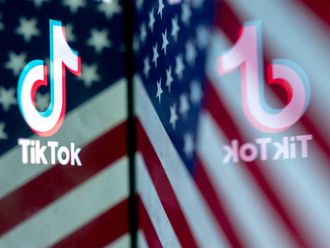OTTAWA/HAVANA: Canada is not automatically assuming that Cuba was behind an alleged “acoustic attack” against US and Canadian personnel in Havana and has no plans to expel Cuban diplomats, an official said on Friday.
The State Department earlier this month said Americans linked to the US embassy had experienced physical symptoms caused by unspecified “incidents” starting as far back as late 2016. Five Canadians were also affected.
A months-long investigation by Cuba, the United States and Canada into the mysterious affair has yet to come up with answers as to how the attacks took place, let alone who was behind them, according to two sources with knowledge of the events and investigation.
“From the Canadian perspective we would not assume automatically that this was necessarily intentional,” said an official in Ottawa, who said the Cubans had been “incredibly cooperative” with the investigation.
In some cases the victims heard nothing and in others deafening sound, but all suffered symptoms such as nausea, dizziness and some temporary hearing or memory loss.
Cuba has denied involvement in the incidents. The US State Department has not blamed Havana for the attacks, but did ask two Cuban diplomats to leave Washington in May.
The Canadian official, who declined to be identified given the sensitivity of the situation, said “Canada does not at this time intend to take diplomatic action”.
Canada has generally enjoyed good relations with Cuba for many years, even as the United States mounted a decades-long economic blockade against the island.
Mark Entwistle, Canadian ambassador to Havana from 1993 to 1997, said it was untenable to think that Cuba would have deliberately targeted the US diplomats.
“It’s not even imaginable for me in the way I know the Cubans see the world,” he said in a phone interview.
The incidents have left a sense of unease among Havana’s diplomatic community, diplomats said. The Cuban Foreign Ministry has not provided any explanation to date.
Theories abound, from a sophisticated acoustic weapon in the hands of the Cubans or other state actors such as Russia, Iran or North Korea, to a simple one put together with the help of the internet.
A former US official said he could imagine a circumstance under which the Cubans were experimenting with a new technology that somehow went awry but also dismissed the idea of them intentionally trying to harm Americans.












